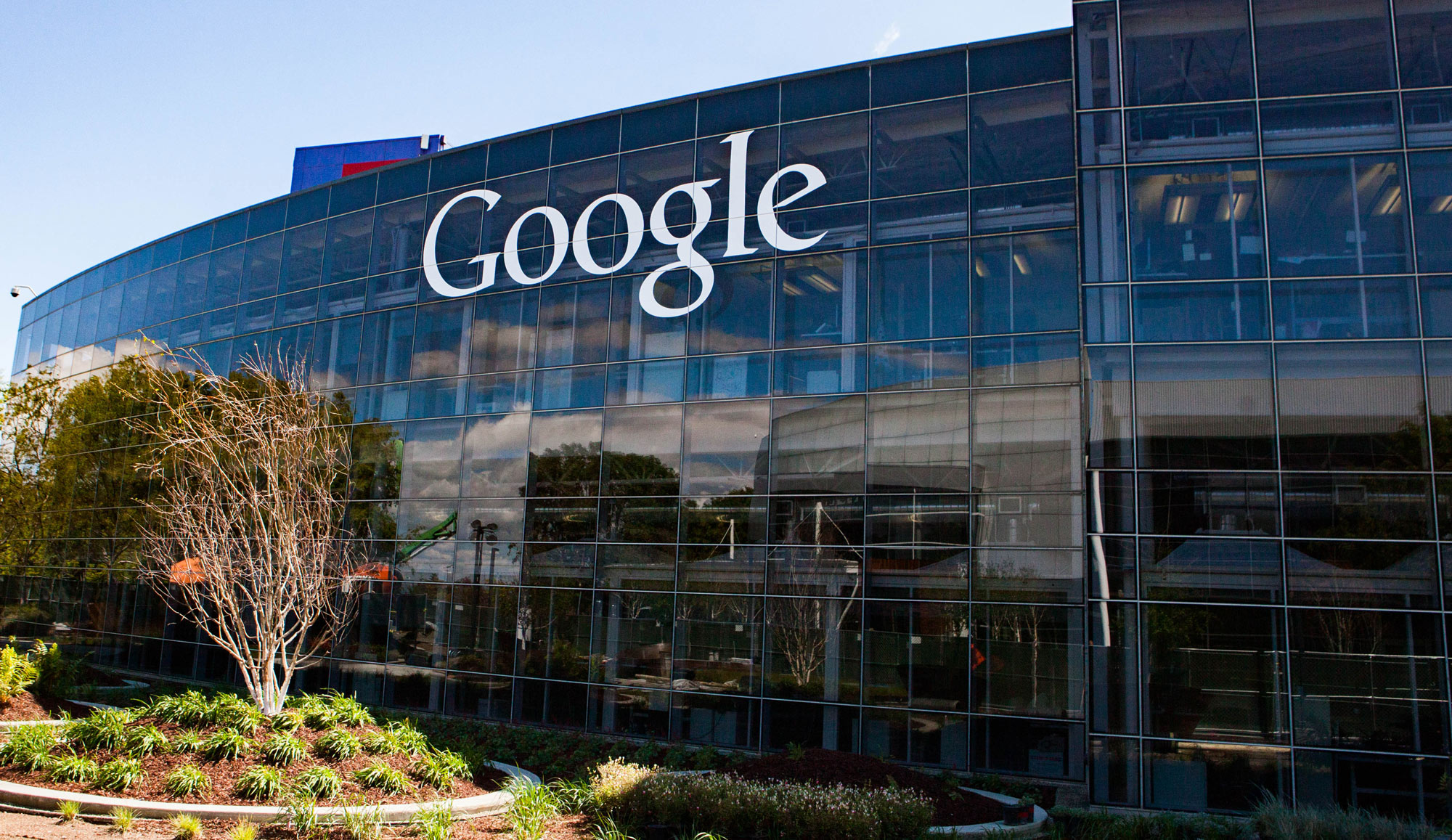Summary
Google’s critics and competitors celebrated a court decision last year that found Google in violation of antitrust laws due to its monopolies over search services and online advertising. Smaller companies, increasingly dependent on search rankings and online ads, simply can’t compete
Hopes were high that US District Judge Amit Mehta would force a breakup of the company. Those hopes were dashed on Aug. 31 when Mehta ruled on remedies in the case, issuing a light slap on the wrist that puts a stop to some exclusive search agreements and requires the company to share search data with competitors.
Analysis
In arguments before Judge Mehta, the US Department of Justice argued that Google’s exclusionary contracts and control of Chrome and the Android operating system allow it to exercise monopoly power. Google’s dominance extends to control over search engine advertising and the ad exchanges where prices are set. The Department’s original filing was joined by eleven State Attorneys General. Additional states filed a related action as the case progressed, and ultimately, the US DOJ was joined by 49 states, two territories, and the District of Columbia.
“Google is a monopolist,” Mehta wrote in his decision last year, “and it has acted as one to maintain its monopoly. Despite that, in the penalties phase of his decision, he inexplicably decided ‘remedies designed to eliminate the defendant’s monopoly—i.e., structural remedies—are inappropriate in this case.”
Mehta rejected the DOJ’s demands for both a Chrome spinoff and regulation of Android, opining that the prosecution “overreached in seeking forced divestiture of these key assets”. He didn’t even order Google to stop paying Apple $20B+ a year to be its default search engine, merely requiring such default payment agreements to be limited to one-year terms.
One Department of Justice recommendation the Judge did accept was that Google should have to share part of its search engine user and ads data with certain competitors for a limited period of time. That recommendation caused alarm among privacy advocates, despite the addition of an independent “Technical Committee” responsible for putting privacy safeguards in place.”
In addition, Google will be barred from entering exclusive distribution agreements of search, using Chrome, and other products of Google Assistant or its Gemini app The ban will be in effect for 6 years and will not be able to stop companies from distributing non-Google search engines, browsers, or AI data. While Google will no longer be able to require phones, tablets or computers to preload Google products in order to license Google Play, as it did previously, most companies will likely still do so, due to the outsized popularity of Google products. This part of the remedy appears to be too little too late.
The decision allows Google to continue many of the monopolistic practices Judge Mehta had called out in his initial decision, leaving many stunned and dissatisfied. Arielle Garcia, chief operating officer at Check My Ads Institute, was quoted as calling the decision “sorely disappointing” and said the remedies ordered would do little to help companies like hers level the playing field with Google.
In a public statement, Agnès Callamard, Secretary General of Amnesty International, said: “Google is one of five big technology companies that have a collective hold over the online world, and this concentration of power has come at a serious cost to our human rights. This ruling was a missed chance to rein in Google’s power.”
Gabriel Weinberg, CEO of Duck Duck Go, who had testified in the case ( see Will Google’s Antitrust Battle Lead to Real Change?), said on Reddit. “We do not believe the remedies ordered by the court will force the changes necessary to adequately address Google’s illegal behavior. Google will still be allowed to continue to use its monopoly to hold back competitors, including in AI search. As a result, consumers will continue to suffer. We believe Congress should now step in to swiftly make Google do the thing it fears the most: compete on a level playing field.”
There was satisfaction from one sector. Investors showed their approval of Mehta’s remedies immediately, sending Google’s share prices soaring.
Engagement Resources
Amnesty International, Technology and Human Rights https://www.amnestyusa.org/issues/technology/
DOJ v. Google: Six Weak Spots in Judge Mehta’s Decision, by Joseph V. Coniglio, Aug. 23, 2024, Information Technology and Innovation Foundation, https://itif.org/publications/2024/08/23/six-weak-spots-judge-mehta-google-decision/

